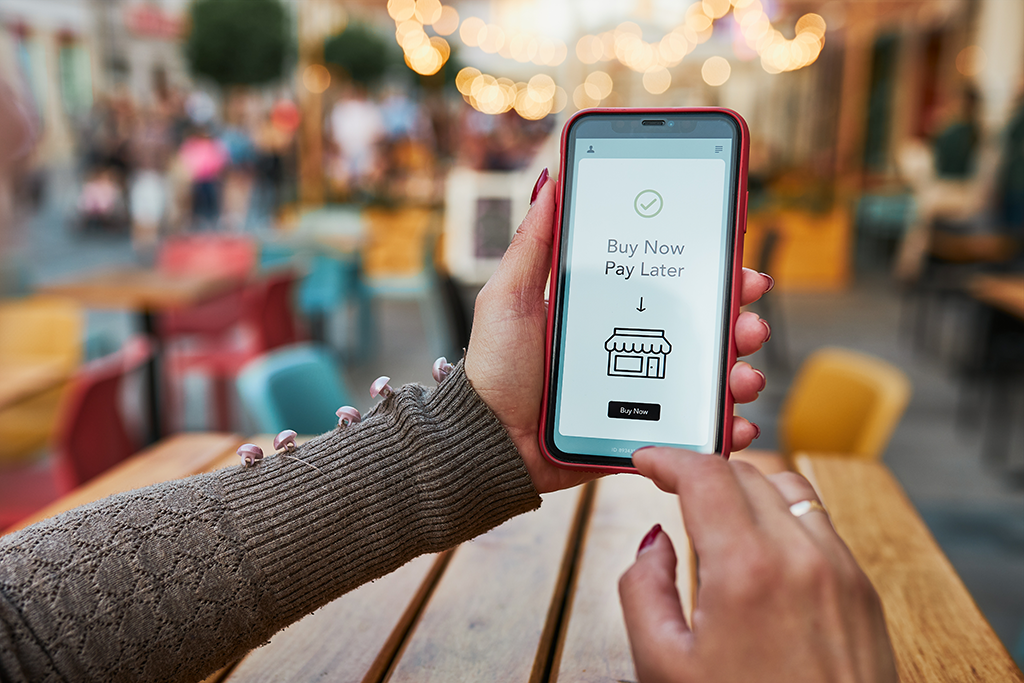Even with so much of our lives now taking place online, a physical address is still a vital identification attribute when it comes to verifying a customer’s identity. The act of verifying an address is necessary on multiple occasions; opening a bank account (or any other government account), complying with terms and conditions and preventing fraudulent transactions and chargebacks.
Regardless of industry, most companies are already looking at addresses as an additional signal to improve the performance of their risk infrastructure. This includes monitoring the frequency of use with velocity checks or checking name-to-address matches. However, it is not unheard of for fraudsters to manipulate address strings (by changing St. to Street, for example) to bypass velocity and verification checks within risk models.
Should companies build their own internal address verification solution? Or is it more cost-effective, reliable and scalable to invest in technology dedicated to validating postal addresses? Let’s investigate your options.
Building an internal address verification solution
This is an option for companies who choose to take validating postal addresses for their customers and clients into their own hands. When it comes to the issue of non-standard postal address strings, companies work to solve this problem by either:
- Developing a simple rules/logic engine to standardize address strings
- Licensing a file to build internal validation and normalization logic around address strings
The challenge with both of these approaches is that neither of them is a set-it-and-forget-it solution. The simple reason for this is that address databases need to be updated constantly.
Of course, at many companies, especially those trying to reduce or streamline expenses, engineering resources are scarce. This means that dedicating story points to tweaking address models, or business development time to locating new files and working with multiple vendors—both of which are non-core business activities—fall by the wayside.
As a result, neither of these internally built address verification solutions evolve at the speed required to stay ahead of fraudsters in today’s ever-evolving business environments.
Buying an off-the-shelf address verification solution
Rather than spending the resources to build a solution that validates postal addresses internally, some companies try to adapt off-the-shelf address validation and mapping solutions into custom address verification tools.
For example, response times can be inconsistent, and the API can omit valuable information about postal addresses, such as unit numbers. It’s also not unheard of for new releases to impact the API’s use within a risk model, leaving companies to scramble to repair address validation models.
Tailored global address verification with Mastercard: Enhance efficiency while mitigating fraud.
At the end of the day, off-the-shelf address validation solutions aren’t designed to handle enterprise-level risk management. But when few organizations have the engineering and developmental resources to build and maintain a global address database in-house, where does that leave you? That’s where Mastercard Identity comes in.
After seeing the challenges our customers were experiencing in this area, we set out to create our own address verification solution. To solve the problem of manipulated address strings, Mastercard’s address verification solution not only validates but also normalizes and appends essential address data to gather important signals about postal addresses. This ability to normalize is such an important issue at scale because users, merchants and payment service providers all log addresses differently.
Check out this example of the inherent variation in one address, entered or logged in different ways across three different merchants:
Merchant 1:
Bergmannstrasse 80
Frankfurt Main 60435
Merchant 2:
80 Bergmannstraße Main
Frankfurt 60435
Merchant 3:
80 Frankfurt Main
BergmannstraBe 60435
Normalized address:
Bergmannstraße Str 30
60435 Frankfurt am Main
Germany
Lat: 50.140164
Long: 8.693925
You will see that the address normalization reveals that the above three “distinct” addresses all resolve to the same geocoordinates.
Our address verification API provides coverage around the world, dramatically simplifying integration and offering response times comparable with complex on-premises solution. This is all accompanied by the flexibility to scale with the throughput requirements of our customers.
Because Mastercard works with many companies across many varied industries, we evolve our solutions to manage the global expansion of the businesses and industries we serve. To learn more about how our Address Risk API can provide you with address validation and risk signals globally to reduce fraud and boost operational efficiency, contact us today using the form below.



